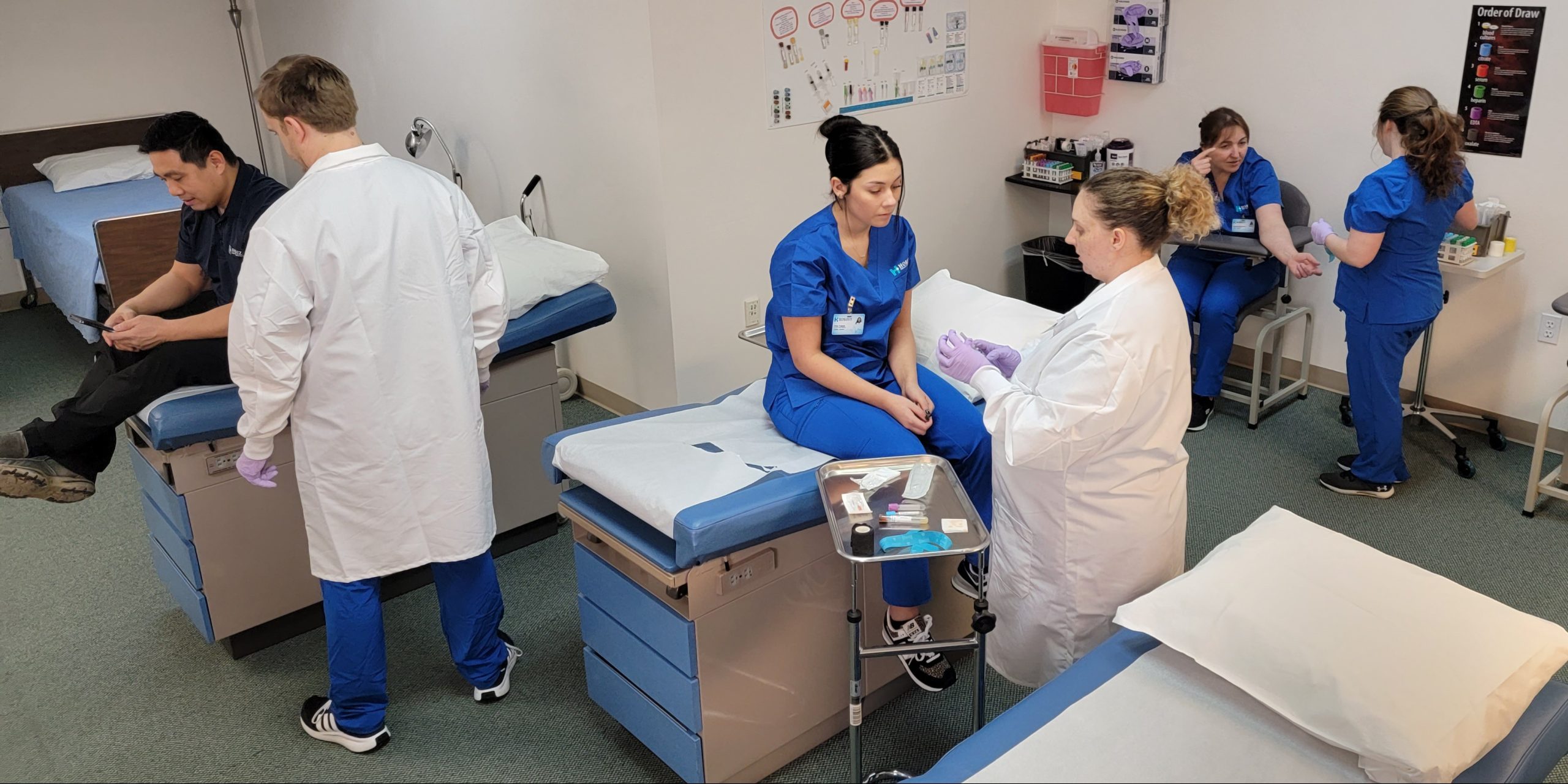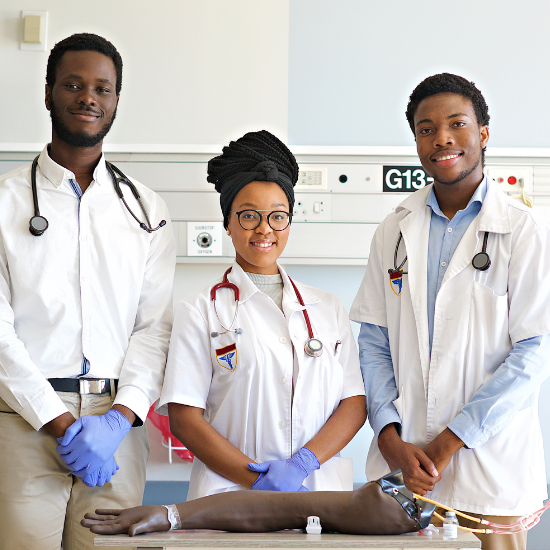Northeast Medical Institute CNA Training Stamford: Professional Guideline for Hopeful CNAs
Northeast Medical Institute CNA Training Stamford: Professional Guideline for Hopeful CNAs
Blog Article
Crucial Elements to Take Into Consideration When Selecting one of the most Suitable Medical Institution Educational Program for You
Choosing the most suitable clinical school educational program is an essential choice that can considerably influence your educational journey and future occupation path. As aspiring medical professionals, the selection of educational program need to line up with your personal understanding style and career desires.
Personal Discovering Style

Medical colleges that offer diverse teaching techniques and resources can fit different learning styles, fostering a inclusive and vibrant academic setting. Eventually, understanding personal learning choices equips trainees to make informed decisions concerning their clinical education, establishing a strong structure for their future careers in healthcare.
Job Objectives Alignment

Additionally, aligning occupation goals with the clinical institution curriculum can additionally improve inspiration and interaction throughout the educational trip. They are much more most likely to stay concentrated and devoted to their researches when trainees see the straight relevance of their coursework to their future job. For that reason, when picking a medical college curriculum, it is vital to thoroughly think about how well it aligns with one's career purposes to make sure an effective and satisfying specialist path.
Mentor Methodologies
Thinking about the placement of career goals with the picked medical school educational program, an exam of the teaching methods used becomes important in forming the learning experience. The effectiveness of a medical college educational program heavily counts on the mentor methods made use of by the institution. Various mentor techniques, such as talks, tiny team discussions, problem-based learning, simulation-based training, and hands-on medical experience, can substantially influence just how well pupils keep and comprehend details.
Lectures are a traditional but still typically utilized technique for providing content to a huge team of pupils efficiently. Little team conversations foster partnership, important reasoning, and interaction skills amongst pupils. Problem-based understanding urges energetic engagement, self-directed discovering, and analytic capabilities. Simulation-based training enables trainees to exercise medical abilities in a regulated environment before interacting with actual people. Hands-on professional experience uses a direct understanding of client care and clinical techniques.
When picking a clinical school curriculum, aiming trainees should take into consideration the mentor approaches employed to make sure that their knowing choices and staminas align with the educational method of the establishment.
Curriculum Flexibility
When examining medical college programs, evaluating the level of educational program flexibility is necessary for prospective pupils seeking a customized educational experience. Educational program flexibility describes the degree to which pupils can personalize their discovering paths within the clinical college curriculum. An educational program that provides adaptability allows trainees to pursue their rate of interests, emphasis on areas where they require extra support, and take part in learning experiences that line up with their career goals.

Prospective medical pupils need to consider how a medical institution's curriculum versatility lines up with their discovering preferences, occupation goals, and individual goals. By choosing a program that offers the appropriate equilibrium of framework and flexibility, students can maximize their academic experience and prepare themselves for successful professions in medicine.
Medical Direct Exposure Opportunities
Discovering the useful application of clinical knowledge, professional exposure chances play a critical function in forming a detailed clinical education. These possibilities give pupils with very useful hands-on experience in actual medical care setups, permitting them to bridge the void in between theory and technique. When considering clinical school curricula, the high quality and amount of professional direct exposure should be thoroughly assessed.
Efficient medical exposure must use a diverse range of experiences across various specializeds, making certain that trainees are subjected to various clinical circumstances and person demographics. Exposure to outpatient centers, inpatient wards, medical movie theaters, and emergency situation divisions can help trainees develop a well-rounded understanding of different aspects of medical care delivery. In addition, opportunities for community-based treatment and interactions with underserved populations can promote a deeper recognition for the social determinants of health.
Furthermore, the presence my blog of encouraging professors home and mentors during these clinical experiences can dramatically boost the discovering process. Faculty support and positive responses can help students show on their clinical encounters, recognize areas for enhancement, and boost their decision-making abilities and professional skills (Northeast Medical Institute CNA Classes Near me Stamford). On the whole, robust scientific direct exposure possibilities are important for preparing future doctors to deliver high quality patient treatment efficiently
Verdict
To conclude, when selecting a clinical school curriculum, it is important to consider your individual understanding design, positioning with profession objectives, teaching techniques, educational program versatility, and clinical exposure chances. These factors play an essential duty in determining the most appropriate program for your instructional and professional development. See to it to extensively examine each facet to make an informed choice that will certainly best sustain your development in the medical field.
Understanding one's personal learning design is critical when picking a clinical college educational program. By recognizing one's finding out design early on, aspiring medical students can strategically choose an educational program that provides to their toughness, inevitably improving their learning experience and scholastic success.
When reviewing medical college programs, assessing the extent of curriculum flexibility is important for possible students looking for a tailored instructional experience. Curriculum flexibility refers to the degree to which trainees can customize their understanding paths within the clinical college educational program.In conclusion, when selecting a clinical institution curriculum, it is crucial to consider your individual learning style, positioning with career bachelor of creative industries objectives, teaching methodologies, educational program adaptability, and medical exposure possibilities.
Report this page